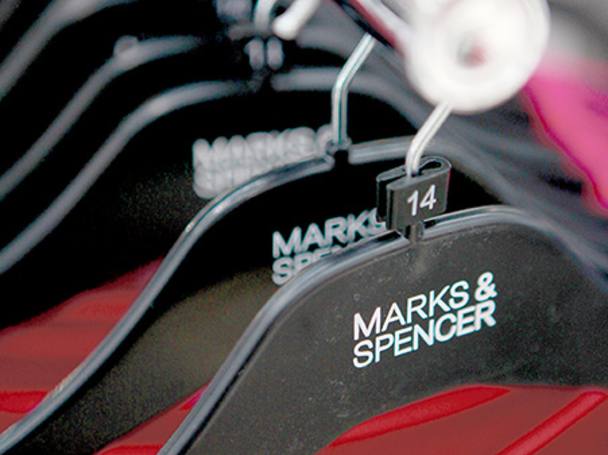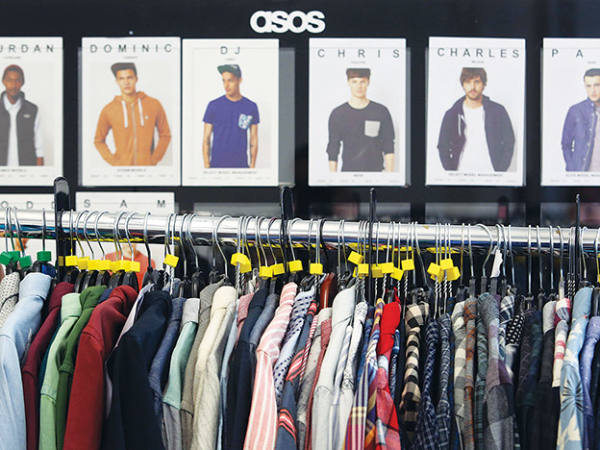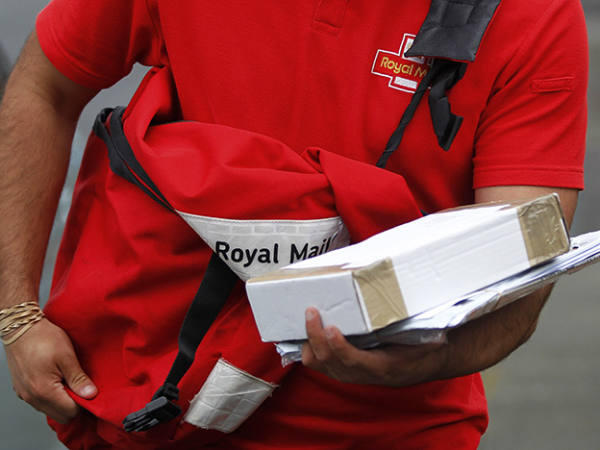The market is very excited that Steve Rowe, the new chief of high-street stalwart Marks and Spencer (M&S), appears to be turning the business around. Last week the company reported a recovery in the clothing and home division's sales over the festive period - well ahead of expectations - due to better ranges, better availability and better prices, according to Mr Rowe. A substantial reduction in promotional activity around Black Friday also helped like-for-like sales at the division rise 2.3 per cent.
But, as with most quarterly updates from UK retailers, there was more to these figures than met the eye, and little detail about what the top-line jump means for profitability and investors.
First, there are questions as to how much of the clothing and home division's sales growth is driven by M&S.com (which grew sales 9.4 per cent during the period) and how much is from stores. Mr Rowe wants to streamline the M&S estate, with the decision taken in November to close around 30 UK sites and cool foreign expansion. So it doesn't necessarily mean that because clothing and home - not to mention the ever-popular M&S food range - are selling better, more customers are pounding the pavement. It's plausible that more M&S customers are shopping online and that the estate's future remains at risk. The update also included extra shopping days against the 2015 period and without these extra hours and the online boost, the same figures are near enough flat.
Commentators argued that like-for-like growth metrics were irrelevant for a mature department store retailer as it isn't seen as a high-growth business. Those same experts believe M&S would do better focusing on its popular food business, which accounts for half of sales, and could soon equal half of profits too.
Marks and Spencer - and Mr Rowe - deserve some credit. In actual fact, underlying sales of clothing and home products outperformed food over the third quarter. Food like-for-like sales grew just 0.6 per cent, reflecting the timing of Christmas Day on a Sunday and therefore a "late build-up" to peak trading. Mr Rowe has also been transparent about the fact that fourth-quarter figures are likely to be affected by a late Easter, not to mention the general consumer backdrop which could worsen ahead of the UK's forthcoming decision to trigger Article 50, thus starting negotiations to leave the European Union. The pound is also a big problem, but one that will cause cost inflation for most general retailers this year, leaving the playing field somewhat even. But that's not to say that underlying figures will worsen.
It's also crucial to understand that M&S can't claw back margins by closing more stores and trying to drive more online sales. Almost none of its stores are unprofitable, so any closures are simply a means of streamlining the organisation. Focusing solely online won't help given the enormous costs associated with distribution and investment in technology. Instead, M&S has to keep doing what it's started: improving quality and pricing in relative terms, moving its sourcing strategy and making the stores a better place to shop. One particular strategy includes buying stock 'deeper' rather than 'wider'. This could mean fewer item styles, but more colour options. Second, Mr Rowe has cut back significantly on discounting and heavy promotions, which has inevitably helped margins.
Finally, anyone doubting Marks and Spencer's dividend hasn't looked all that closely. M&S spent £151m on share buybacks in the 2016 financial year and increased the dividend a further 4 per cent to 18.7p. And it announced a 4.6p special dividend for the first half of this year - worth £75m in total. At present, the stock yields around 5.5 per cent for income-chasers. This has all been covered by the group's free cash flow, which has been moving higher over recent years despite the profit squeeze. If Mr Rowe decides to up capex again to boost the business's fortunes, that could be reversed. But for now, investors in the stock look secure to us.









